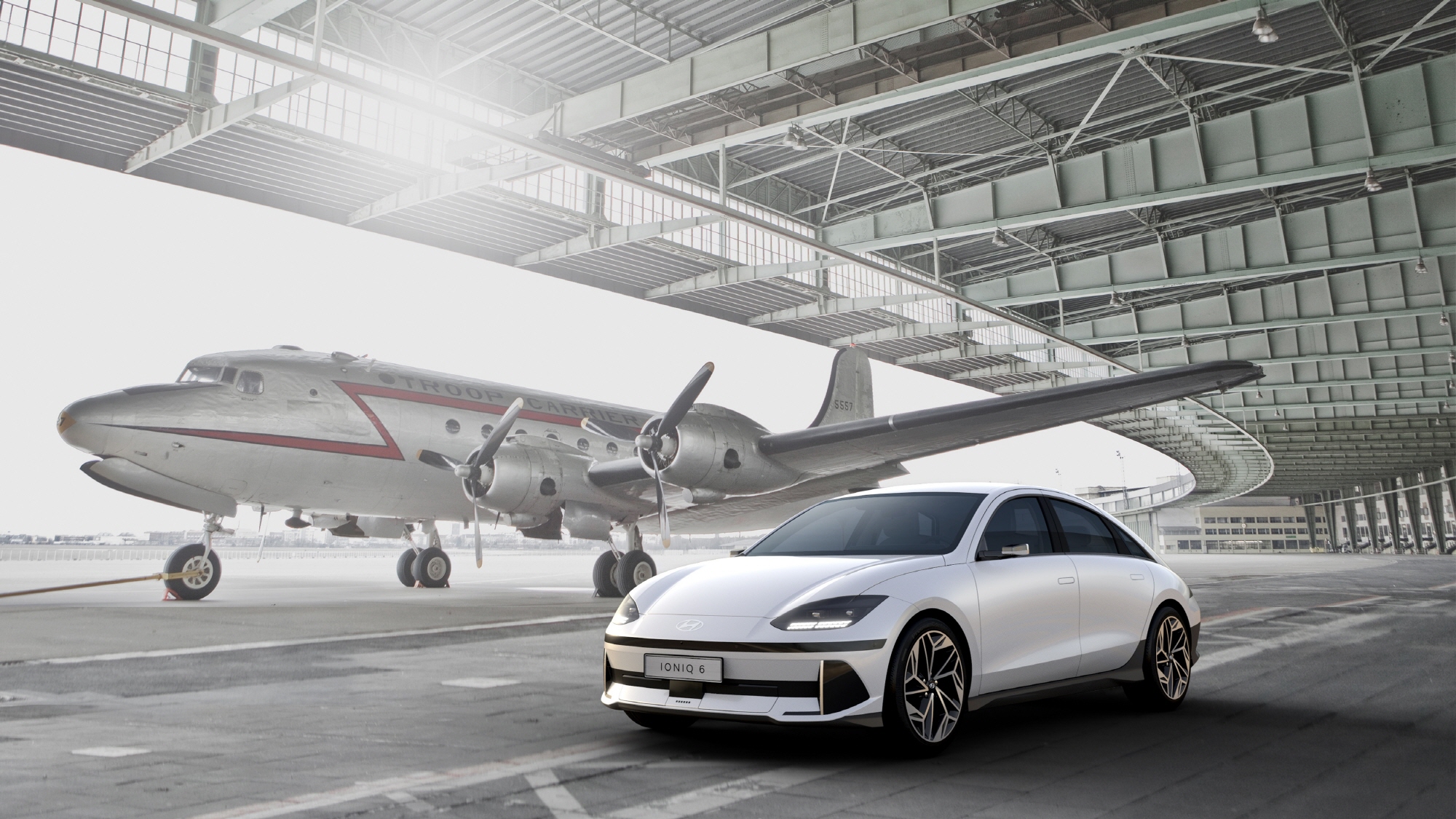
As electric vehicles from Hyundai, Kia, and Genesis receive widespread acclaim in the global market, Hyundai Motor Group is ramping up efforts to bolster domestic electric vehicle production capabilities this year. This is part of their commitment as the ‘first mover’ in the electrification era, aiming to exceed customer expectations and strengthen the industry base in South Korea.
By establishing dedicated electric vehicle factories and transitioning existing lines, Hyundai Motor Group is enhancing its production capacity while simultaneously boosting key R&D and manufacturing capabilities in the electric vehicle sector, a national strategic technology. This move is part of an effort to revitalize the related industrial ecosystem and lay the groundwork for South Korea to emerge as a powerhouse in future mobility.
On the 9th, Deputy Prime Minister and Minister of Economy Choo Kyung-ho visited Hyundai’s Ulsan plant, a key industrial facility driving national economic growth, where he was briefed on the plans to establish a dedicated electric vehicle factory in Ulsan and the expansion of domestic electric vehicle production capacity starting this year.
During his visit, Deputy Prime Minister Choo toured Ulsan Plant’s electric vehicle production line and the site designated for the new factory, while also gathering diverse opinions from representatives of Hyundai Motor Group and the automotive parts industry during an .
Hyundai plans to establish a dedicated electric vehicle factory at the Ulsan plant, while Kia broke ground on a customer-tailored electric vehicle factory at its AutoLand Hwaseong location in April, and the AutoLand Gwangmyeong facility will start transitioning internal combustion engine production lines to electric vehicle lines in the first half of the year.
The electric vehicle factory in Ulsan will be Hyundai’s first new domestic factory in 29 years since the establishment of the Asan plant in 1996. A total of 2 trillion KRW will be invested in this project, which covers an area of approximately 71,000 pyongs. Construction is set to begin in the fourth quarter of this year, with plans to be completed by 2025.
The new electric vehicle factory will produce various next-generation vehicles based on an intelligent smart system driven by big data, automation, and eco-friendly production facilities.
Earlier in April, Hyundai Motor Group held a groundbreaking ceremony for its ‘customer-tailored electric vehicle factory’ at Kia’s AutoLand Hwaseong, marking South Korea’s first dedicated electric vehicle factory. The facility will cover approximately 30,000 pyongs and see an investment of around 1 trillion KRW.
The factory is expected to commence mass production in the second half of 2025, with a planned production capacity of up to 150,000 units annually and aims to be a representative base for future vehicle production in South Korea, pursuing flexible production, low carbon emissions, intelligence, and user-friendliness.
Hyundai Motor Group shared its plans with Deputy Prime Minister Choo that large-scale investments will contribute to strengthening Korea’s position as a global hub for future automotive industry innovations.
To achieve this, the group aims to have a total of 31 electric vehicle models by 2030, investing a total of 24 trillion KRW in the domestic electric vehicle sector. This investment will enhance relevant technologies and facilities, while scaling production to 1.51 million units annually, with plans to export 60% of that figure (about 920,000 units), and scale global electric vehicle production to 3.64 million units, to achieve a top-three position in global electric vehicle sales by 2030.
Additionally, Hyundai Motor Group is committed to strengthening the domestic electric vehicle parts supply chain alongside the establishment of dedicated electric vehicle factories, further bolstering its role as a global innovation hub in the future automotive industry.
As the automotive industry undergoes a transformation phase characterized by the acceleration of electrification, the group aims to work closely with electric vehicle component manufacturers included in the national strategic technologies, ensuring that domestic parts companies continue to leverage their global leadership from the internal combustion engine sector into electrification.
Electric vehicles are not just cars built with motors and battery technologies. Designing them requires integration of various advanced core technologies, including maximizing battery efficiency, managing ultra-high voltage systems and safety, and implementing fast charging solutions. Collaborating closely between OEMs and component manufacturers is vital for developing top-notch vehicles.
Electric vehicles are also closely linked to creating new services and industries, such as V2L (Vehicle to Load) and V2G (Vehicle to Grid), utilizing their storage capabilities, and integrating connected and autonomous driving technologies.
In a fiercely competitive landscape with global electric vehicle companies—including major traditional internal combustion engine manufacturers and Chinese firms—countries around the world are ramping up investments and support at the national level to secure early market leadership and establish electric vehicle factories, considering their significant industrial and economic impacts on a nation’s future core industries.
At this pivotal moment, Hyundai Motor Group’s expansion of electric vehicle factories and production lines is seen as a crucial prerequisite for establishing an electric vehicle industrial ecosystem. It is expected to catalyze a virtuous cycle of enhancing competitiveness in related industries, alongside increasing investments and accelerated technological development from domestic component companies.
Lee Sang-jin daedusj@autodiary.kr
